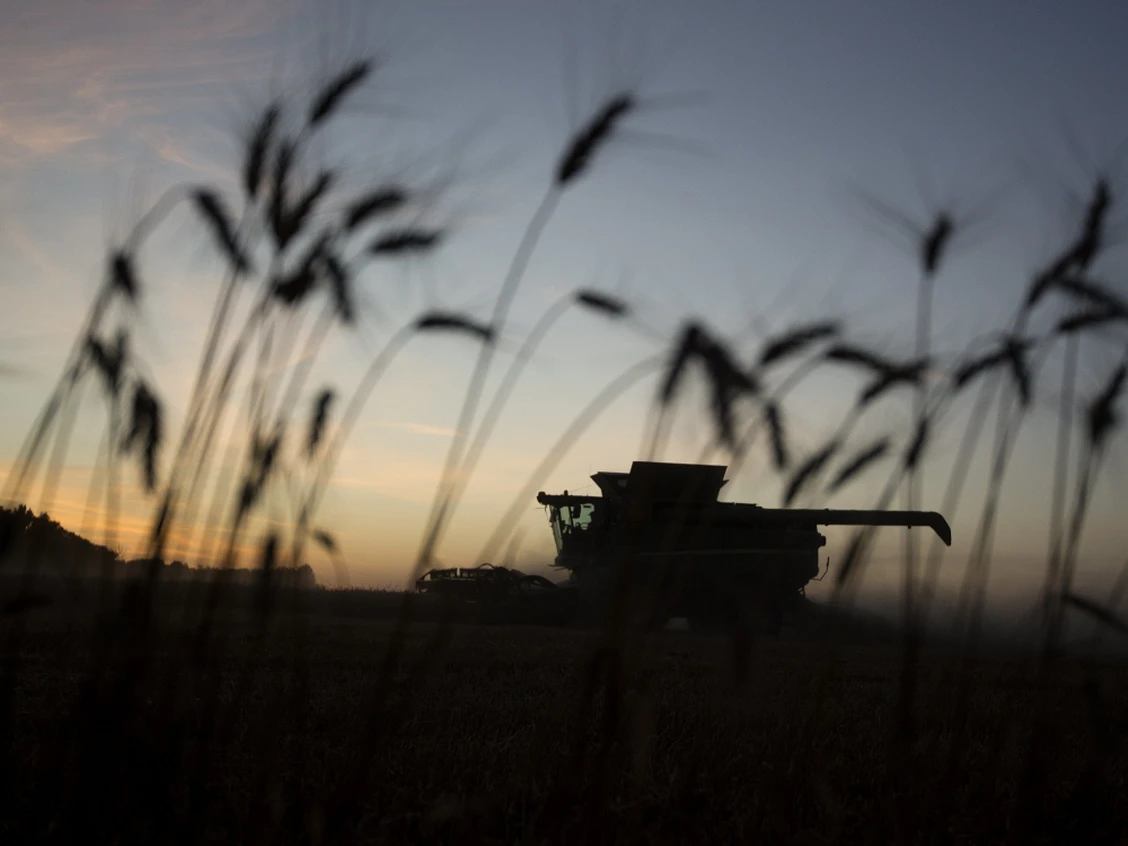Most people I know are worried about climate change for genuine reasons. But there is an influential subset of people and organizations that are so ideologically captured by a war on climate change, they’re unfazed by the suffering of whoever gets caught in the crossfire.
Recently, Canadian farmers and Indigenous community leaders have been voicing their concerns over how the war on climate change is impacting their businesses and economic prospects.
For farmers, the issue is a phenomenon called “greenflation”: in an effort to implement green energy policies, governments are making it more expensive and less profitable for certain industries to do business, which raises the cost of goods and services throughout the economy.
As Bloomberg recently reported, Canada’s Liberal government “is proposing to cut emissions from fertilizer 30 per cent by 2030 as part of a plan to get to net zero in the next three decades.” Such a proposal means that farmers will need “to shrink grain output significantly at a time when the world is scrambling for more supplies,” and the reduced output could result in farmers losing $10.4 billion over the next decade.
Crucially, Bloomberg also explains why Liberals have turned their focus to farmers. According to reporter Jen Skerritt, “The tension comes as efforts to cut carbon dioxide emissions related to energy are lagging, so policymakers are increasingly looking to other sectors, including agriculture.”
Greenflation, like other inflationary pressures, doesn’t stop at decreasing the profit margins of businesses; consumers will also have to pay more. At a time when life is getting more expensive for hard-working families, it should be hard for governments to rationalize policies that will drive up the cost of food. Clearly, our government is putting ideology above the needs of its own citizens.
Indigenous communities are also caught in the crossfire of the war on climate change. The Macdonald-Laurier Institute’s Chris Sankey and Melissa Mbarki recently made this point in responding to what they call “eco-colonialism” from the Guardian and the Narwhal.
Sankey and Mbarki explain that eco-colonialism “is perpetrated by climate radicals who believe that their ideology justifies denying Indigenous communities the right to speak for themselves and denying them access to opportunities that the colonizers have enjoyed for centuries.”
Both publications engaged in eco-colonialism by running an article that presented pro-resource development Indigenous leaders as being financed by American conservatives to oppose Indigenous energy rights. Of course, this perspective completely ignores the differing views on energy development within Indigenous communities. Eco-colonialists assume the only authentic Indigenous perspectives are the ones that are in line with the priorities of eco-colonialists.
As Sankey and Mbarki conclude, “We have the right to say either yes or no to projects on lands on which we are rights holders, free of coercion and interference, and free of the paternalistic sneering of people who think they know better than we do what is in our interests as Indigenous people.”
It’s bizarre that news outlets claiming to care about Indigenous rights would actually undermine Indigenous self-determination; just as it’s bizarre that Canada’s Liberal government, which claims to be a champion for the country’s middle class, would deliberately make life more expensive for those very same people.
But war can bring out the callous side of people and organizations. Consider the war on drugs as a comparison.
Started by U.S. President Richard Nixon in the 1970s, the war on drugs had the noble and justifiable aim of curbing the spread of potentially deadly illicit drugs. But government officials were so focused on their ideological opposition to drugs that they grew to be largely unmoved by cries for mercy.
Laws and policies had harsh consequences for people afflicted by addiction. Fathers and mothers who needed help were being locked up for decades for possessing small amounts of drugs, while pharmaceutical companies made billions of dollars pushing legal and federally regulated opioids on Americans.
Similar to the war on drugs, the war on climate change has a seemingly noble and justifiable aim. But proponents of both wars are willing to overlook the collateral damage caused by their own decisions.
The war on climate change will fail, like the war on drugs, if it continues to ignore the human suffering it is causing. Canadians care about climate change because we care about the future of our planet. But we also care about human beings who are alive today. Balance is needed, and right now, we aren’t getting it.
Jamil Jivani
Jamil Jivani is an award-winning lawyer and author, who serves as the Government of Ontario’s first-ever advocate for Community Opportunities. He also leads a youth-focused research nonprofit, Road Home Research & Analysis, which is supported by the Pinball Clemens Foundation, and hosts a weekly radio show, “Tonight with Jamil Jivani” on Newstalk 1010.

